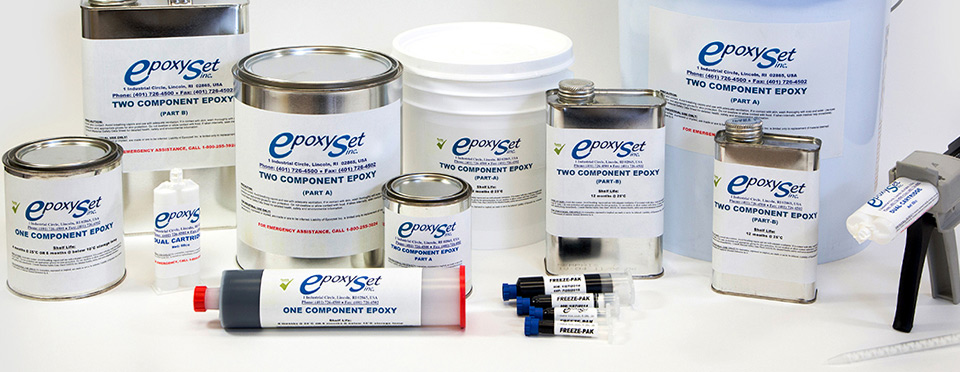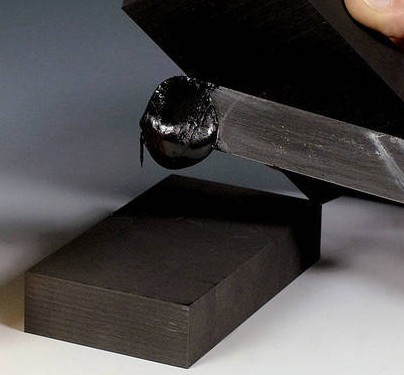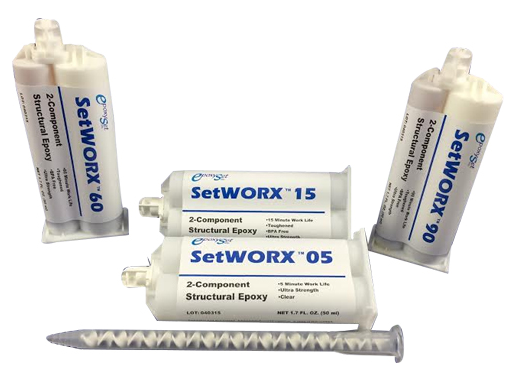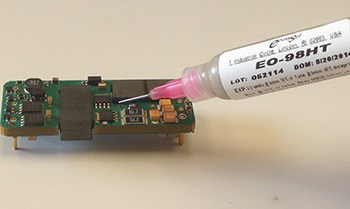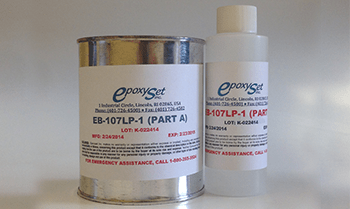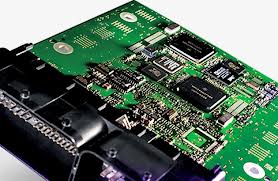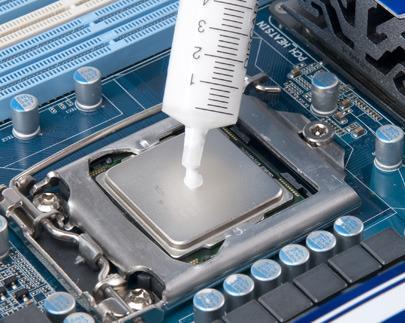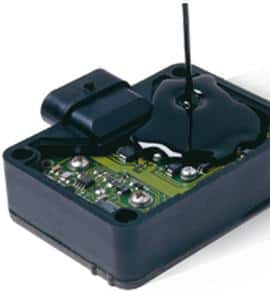Search
CONTACT US
+86-20-85541177
info@gootite.com
No. 36, Yanxi Yongyan Street, Tianhe District, Guangzhou
Copyright 2019 www.gootite.com All rights reserved. Guangzhou Gutai Electronic Technology Co., Ltd.
DESIGN::300.cn 粤ICP备11102277号
WeChat public number
PRODUCTS
OUR ADVANTAGE
US EPOXYSET product distributor and sales service center
As a professional adhesive supplier, Guangzhou Gutai Electronics pays more attention to the user's on-site use requirements and is committed to providing tailor-made engineering adhesives for users.
ABOUT US
Guangzhou Gutai Electronic Technology Co., Ltd.
Guangzhou Gutai Electronic Technology Co., Ltd.
Since its establishment in 1999, Guangzhou Gutai Electronic Technology Co., Ltd. has been committed to providing solutions for bonding engineering in the field of electronic assembly. Relying on years of industry application
What is the three anti-paint, which is the three anti-paint?
What is the three anti-paint, which is the three anti-paint?
Release time:
2019-03-17
Three-coating is a specially formulated coating designed to protect circuit boards and their associated equipment from environmental degradation, thereby increasing and extending life and ensuring safety and reliability. Under realistic conditions, such as chemical environment (fuel, coolant, etc.), vibration, high dust, salt spray, humidity and high temperature, the circuit board may cause corrosion, softening, deformation, mildew and other problems, resulting in circuit board circuit failure. . The three anti-paint is applied to the exterior of the circuit board to form a pliable film having a thickness of about 50-100 microns. It protects the circuit from damage under relatively harsh conditions.
The application range of three anti-paints is very wide. The civilian appliances such as mobile phones and TVs are only a small part. The application of three anti-paints has been extended to the aerospace, medical and automotive industries. In the aerospace industry, the requirements for electronic equipment are very strict. In the extreme environment, the demand for three anti-paints that can protect electronic equipment will be very broad.
In some harsh environments, the board is prone to failure. Once the board fails, the consequences will roll like a snowball. For example in a humid environment. Moisture often attacks the board, and excessive moisture can significantly reduce the insulation resistance between the conductors, causing undesirable consequences.
Detailed interpretation of SMT patch assembly methods and processing
Detailed interpretation of SMT patch assembly methods and processing
Release time:
2019-03-17
The most common SMT patch assembly methods can be divided into single-sided assembly, single-sided mixing, double-sided assembly, and double-sided mixing. Among them, the types of circuit substrates used for single-sided assembly and double-sided assembly are single-sided PCB and double-sided PCB, respectively, and the mixing method is more complicated. Single-sided mixing can be divided into first-paste method and post-paste method, while double-sided assembly is divided into SMC/SMD and FHC ipsilateral mode and SMC/SMD and iFHC different side modes, so we will not introduce them one by one. .
Next, let's take a look at the process flow of SMT patch assembly. Different assembly methods correspond to different assembly processes, and a reasonable assembly process is also a guarantee of assembly quality and assembly efficiency. After the assembly method is determined, the process flow can be determined for the actual product and the specific equipment. Due to limited time, only the process of single and double-sided mixing is introduced here:
1. Single-sided mixing: incoming material inspection + PCB A-side silk screen solder paste (red glue) + patch + A surface reflow (cure) + cleaning + plug-in + wave peak + cleaning + detection + rework.
2, double-sided mixing: incoming material detection + PCB B-side silk screen solder paste (red plastic) + patch + B surface reflow (curing) + cleaning + flip + A surface silk screen solder paste (red plastic) + patch +B surface reflow (curing) or (DIP + crest) + cleaning + detection + rework.
Seeing here, everyone should know more about the SMT patch assembly method and process flow, or not? For customers who need it, only by selecting the SMT patch assembly and processing factory, can we guarantee the quality and delivery of electronic products, and really save the effort.
Why is the SMT red glue process less and less used?
Why is the SMT red glue process less and less used?
Release time:
2019-03-17
First, the red glue is not conductive, the solder paste can conduct electricity
We know that the role of red glue is mainly to fix the role, while the solder paste has a fixed effect and is also conductive, and the soldering effect of the red glue does not seem to have a beautiful soldering effect.
Second, the conditions for the use of red plastic technology are increasingly limited
The properties of red glue are heat-cured, so they are usually used for wave soldering to prevent components from falling. Nowadays, the density between components is getting higher and higher, and the components are getting smaller and smaller. At this time, when the wave soldering is over, it is easy to appear tin and short circuit.
Third, the use of red plastic process maintenance difficulties
We know that red glue is heat-cured and will become very hard after curing. When it is repaired and baked, it is easy to carbonize and maintenance is relatively difficult.
Fourth, the improvement of DIP fixture for solder paste process
When the red glue process is over wave soldering, the components of the patch are exposed to the outside. At this time, in the high temperature state, some components may be damaged, and the solder paste process has a special fixture, in the case of wave soldering. The part of the patch is blocked, only the pins of the plug-in are exposed, and the components of the patch can be well protected from damage.
Nowadays, electronic products are increasingly pursuing functionalization and miniaturization, which poses great challenges to SMT technology, and the requirements for welding are getting higher and higher. The red glue process cannot keep up with the development of the times due to its own shortcomings. Requirement that the red glue process is becoming less and less used in SMT factories is an inevitable result.



 HOME
HOME TEL
TEL CONTACT
CONTACT MESSAGE
MESSAGE